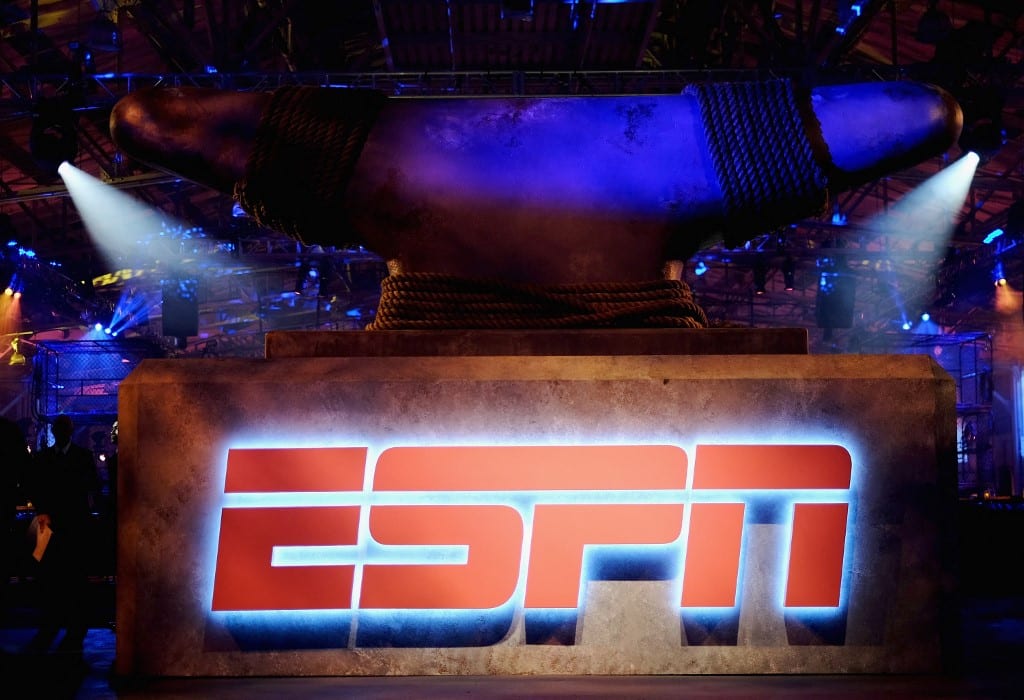
FanDuel executive Billy Turchin is the latest acquisition to the Penn Entertainment C-suite, and he will act as the chief product officer for its online interactive division.
Experience Matters
Penn Entertainment, traditionally a land-based casino company whose 43 properties in 20 states operate brands including Hollywood Casino, Ameristar, and Boomtown, has been the fulcrum of the company. However, its exploits into the digital realm of sports betting and iGaming have become the stuff of disastrous miscalculations that business schools everywhere will be including in their curriculum for years to come.
The company is desperately seeking the right combination of seasoned industry professionals to turn its sinking ship into a viable financial vessel navigating far less turbulent waters. To that end, Penn Entertainment recently announced the hiring of former FanDuel’s senior vice president of product, Billy Turchin, to be its chief product officer.
Turchin Looks to Shape Penn’s Future
Turchin recently announced, “Excited to share that I’ve joined Penn Entertainment, Inc. as Chief Product Officer, Penn Interactive.
“The expansive online and physical footprint allows Penn to deliver unparalleled omni-channel entertainment experiences.
“I’m thrilled to be part of shaping what comes next and grateful for the opportunity to be a disruptor in this rapidly evolving industry.”
A graduate of the Georgia Institute of Technology, Turchin boasts over 20 years of experience, from start-ups to some of the world’s largest brands in B2C and B2B. Turchin will take the helm of Penn’s digital brands, including ESPN Bet, Hollywood Casino, and theScore Bet in Canada.
Turchin is Penn’s third major addition to its digital operations over the past six months, with Gadi Rouache, formerly of Disney and ESPN, as its senior vice president and head of design, as well as Mike Andrews, also formerly of Disney, as its chief of engineering.
Exit Strategy
Penn CEO Jay Snowden has seen his company’s stock price crater from a high of $130.47 in March 2021 to where it now stands at $14.29. The precipitous fall from grace has almost everything to do with his handling of Penn’s exorbitant spending on entering the mobile sports betting market.
Initially, Snowden acquired the bro-culture brand, Barstool Sports, for approximately $650 million, but less than six months after the final payment was rendered, Penn pivoted wildly to strike a deal with ESPN for $2.1 billion over 10 years.
The caveat was that Penn had to divest itself entirely from the controversial Barstool brand, which was in conflict with the family-friendly culture of ESPN’s parent company, Disney. Time was of the essence to get the deal done with ESPN, which meant Penn hastily sold Barstool Sports, sans the sportsbook, which was dissolved, back to its founder, Dave Portnoy, for $1 with the agreement that Penn would receive 50% of the profits should Portnoy sell Barstool in the future.
ESPN BET Struggles to Gain Traction
But the deal with ESPN, which brought about ESPN BET, has failed to gain traction in the mobile sports betting market. Nearly $3 billion spent on brands and very little to show for it has investors up in arms, and a proxy battle has ensued because of it.
Last month, sports business analyst Joe Pompliano wrote in his newsletter, “Last week, Penn Entertainment reported its Q4 2024 and full-year earnings…and the results weren’t great. Penn’s interactive division, which includes ESPN BET, lost nearly $110 million in Q4 alone. The company estimates that it controls only 2.35% of the sports betting market across its 20 active jurisdictions, and Penn is now projecting that ESPN BET will have a market share of 4.7% by the end of 2025, a far cry from Penn’s initial goal to own 20% of the U.S. sports betting market by 2027.”
Snowden has publicly stated his company may exercise an option to exit the deal with ESPN in 2026 if profitability and market share do not increase.







